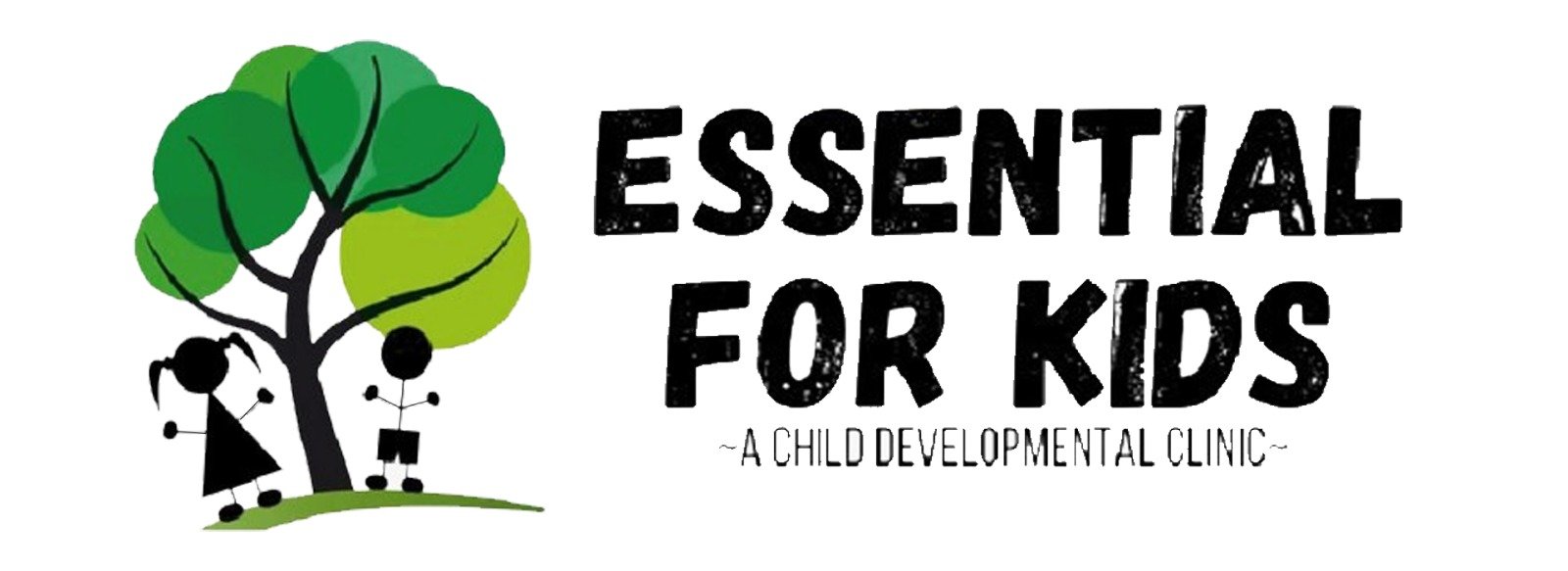The Importance of Therapy for Children: Nurturing Mental Health Early
In today's fast-paced and complex world, children are increasingly facing emotional and psychological challenges that can impact their overall well-being. From academic pressures to social media influences, and family dynamics, young minds are not immune to stress. This is where therapy can play a pivotal role in supporting children's mental and emotional health. Early intervention can have a long-lasting positive impact on their development and future.
Therapy is not about fixing something broken, it’s about supporting growth and fostering change.
Children, like adults, can experience anxiety, depression, behavioral issues, and trauma. The key difference is that children often lack the vocabulary and emotional awareness to express their distress. They may act out in ways that are confusing to parents or caregivers, such as tantrums, withdrawal, or difficulty in school. Therapy provides a safe, structured space where children can process their emotions, develop coping mechanisms, and learn to communicate their feelings more effectively.
Common Reasons Children May Need Therapy:
- Anxiety and Depression: Increasing academic and social pressures can lead to mental health issues like anxiety or depression in children.
- Behavioral Issues: Disruptive or aggressive behaviors, difficulties in school, or changes in personality may indicate that the child is struggling with underlying emotional issues.
- Trauma: Children who have experienced traumatic events, such as abuse or witnessing violence, can benefit immensely from therapy.
- Developmental Disorders: Therapy also supports children with autism, ADHD, or learning disabilities in navigating their unique challenges.
Types of Therapy for Children
Several therapeutic approaches are tailored to meet the needs of children. These therapies create a child-friendly environment that encourages them to express themselves in ways that feel comfortable.




